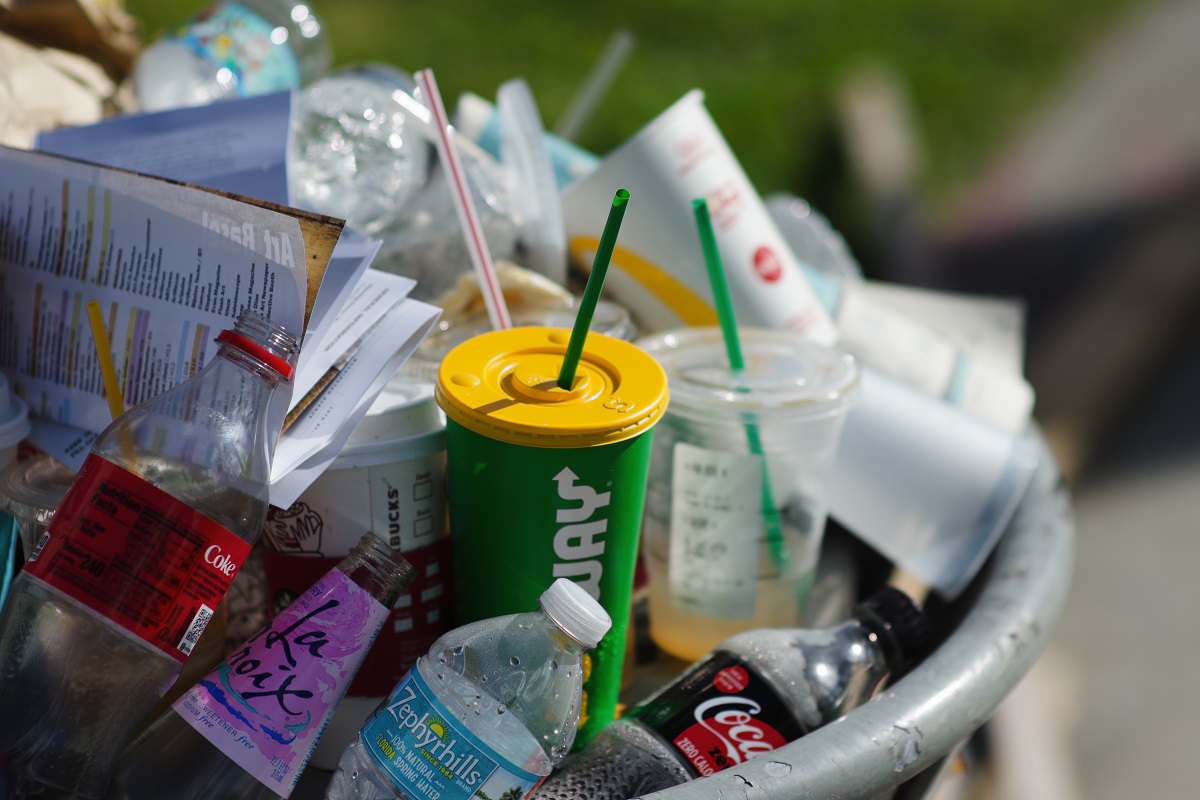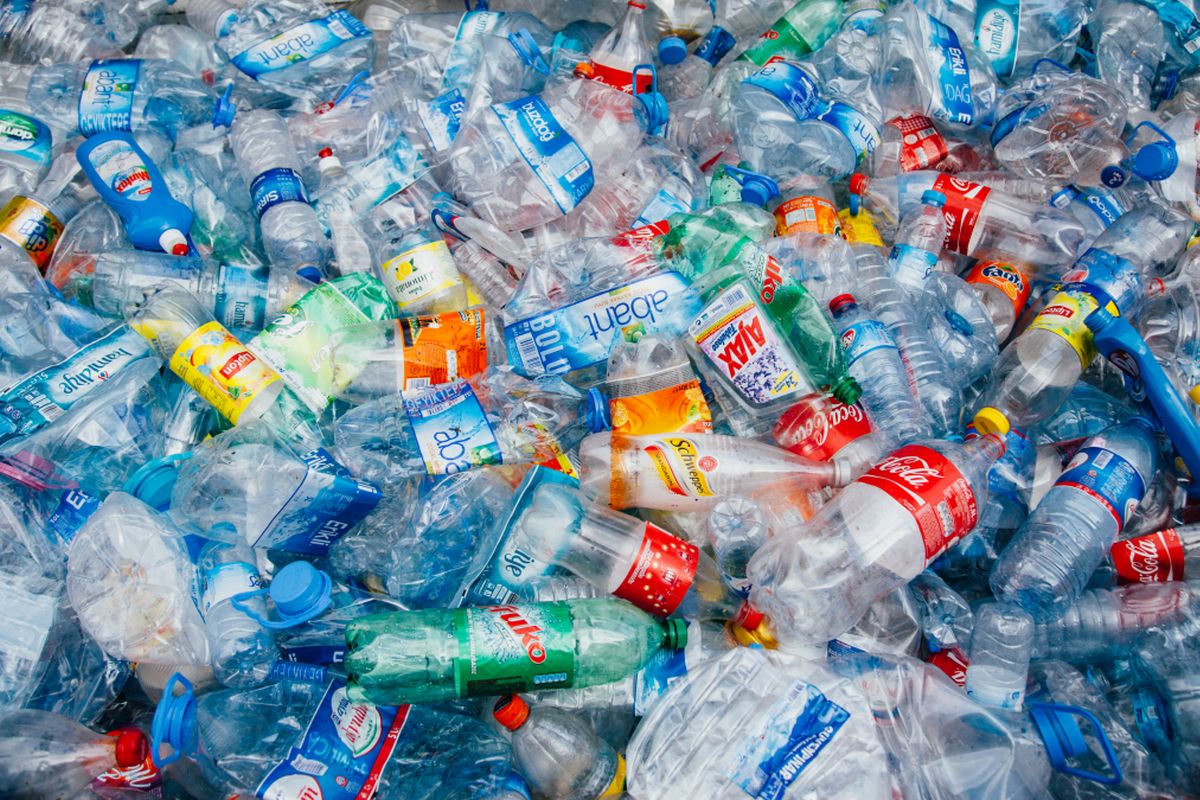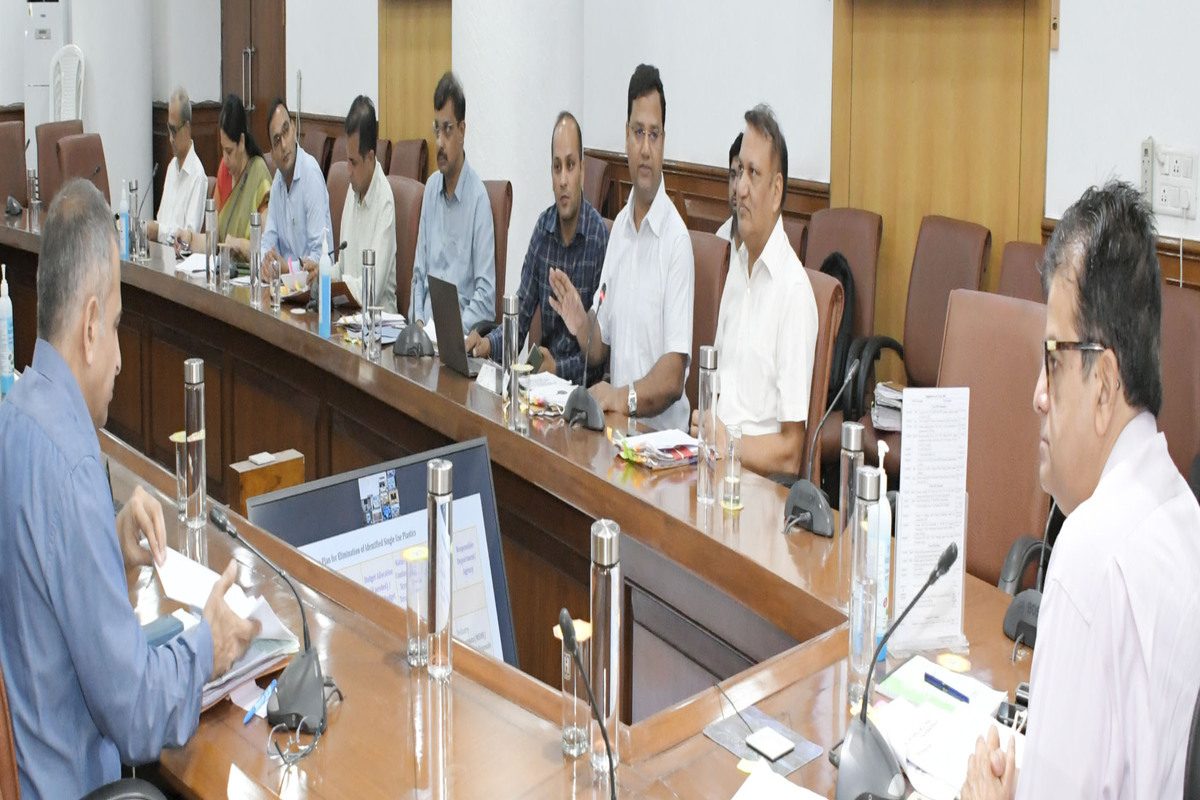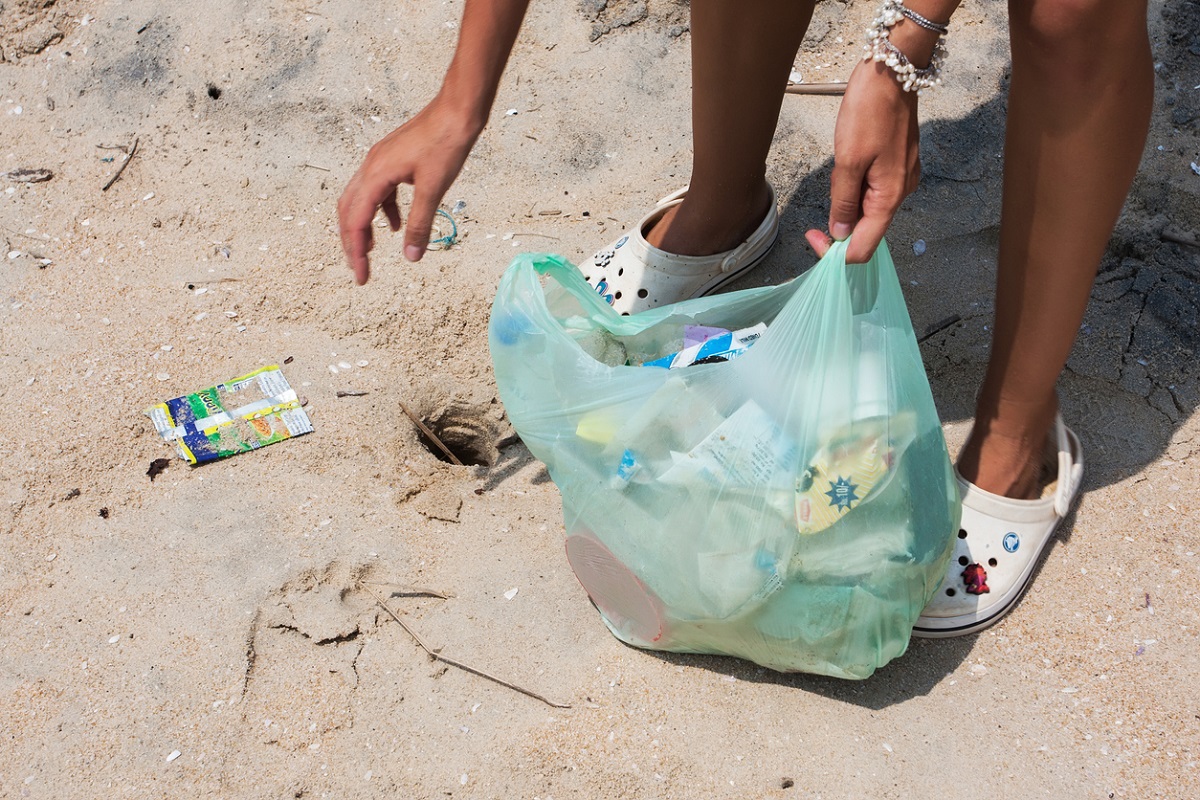Mission mode effort underway for plastic-free Mahakumbh
The goal is to create a pollution-free environment for the devotees by completely banning plastic use.

The goal is to create a pollution-free environment for the devotees by completely banning plastic use.

The Himachal Pradesh Forest Department, in partnership with the Japan International Cooperation Agency (JICA), is encouraging community groups to prepare leaf plates and bowls using machines rather than by hand.

Presiding over a review meeting of the 2nd Special Task Force Committee constituted to ban and eliminate single-use plastic at the state level, Sanjeev Kaushal said plastic manufacturing units should be identified at the district level and dedicated efforts should be made to completely ban the use of single-use plastic.

Single-use plastics are typically items that are discarded after being used only once and does not go for the recycling process. They are a big contributor to plastic pollution. The adverse impacts and menace of littered single-use plastic items on both terrestrial and aquatic ecosystems are globally recognised.

Additionally, directions have been issued to SPCB/PCCs to modify/revoke Consent to operate issued under Air/Water Act to industries engaged in banned SUP production.
Sikkim’s plastic bag ban is perhaps the oldest, coming into effect way back in 1998 with strict enforcement for some years.
Since the Uttar Pradesh government warned strict action against officials who fail to implement the plastic ban in the state capital, police has also launched a helpline, asking people to inform them about any violation.
The plastic carry bag manufacturers association stressed that high thickness plastic bags are recyclable and do not adversely affect the environment.
If the situation is not controlled in time then by 2050, there will be nearly 12 billion metric tons of plastic in the world; oceans will have more plastic waste than fish
The ban will be made effective all over the state over the next two years, Patnaik said.